Gas and bloating are common yet uncomfortable symptoms that can significantly affect daily life. These issues can range from mild discomfort to severe pain, making it essential to identify their causes and find effective relief.


Gas and bloating are common yet uncomfortable symptoms that can significantly affect daily life. These issues can range from mild discomfort to severe pain, making it essential to identify their causes and find effective relief.

This comprehensive guide explores the causes, symptoms, and natural remedies for gas and bloating, focusing on holistic approaches that address the root causes of digestive problems.
Diet plays a crucial role in the occurrence of gas and bloating. Understanding which foods can cause these symptoms and why is the first step toward managing them effectively.
Foods high in fiber, sugar, and starches are notorious for causing gas and bloating. Common culprits include:
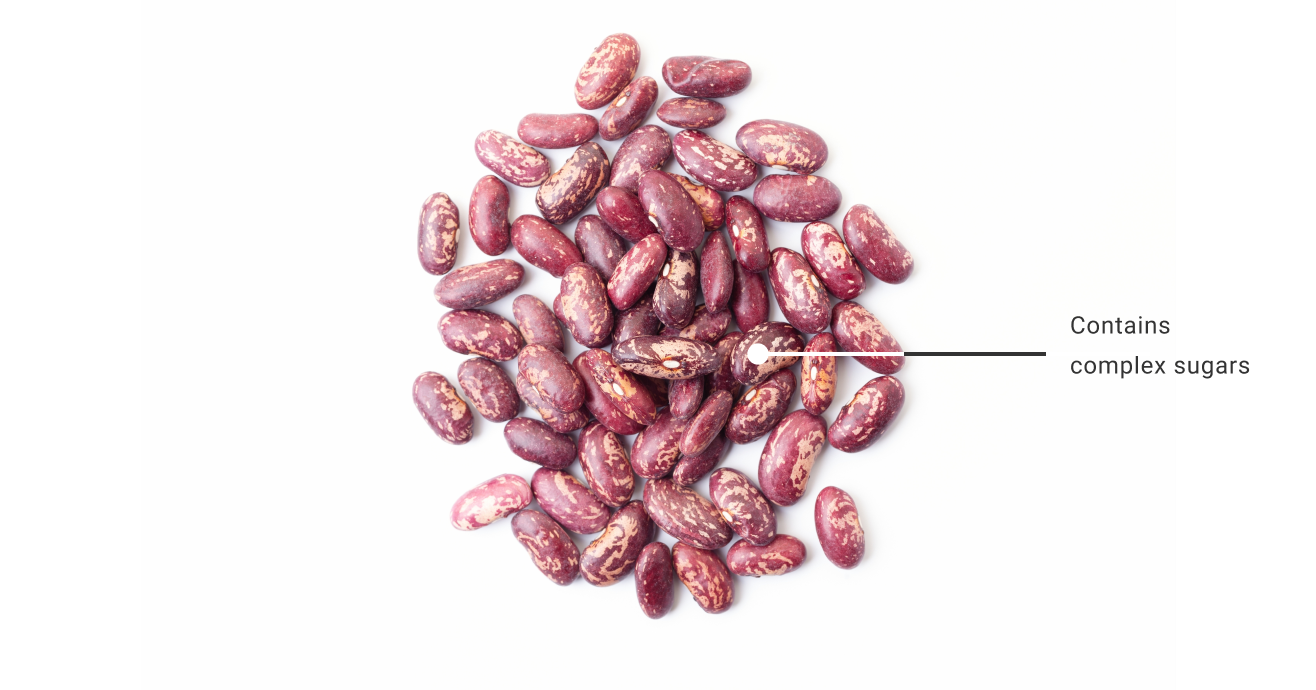

Rich in oligosaccharides, which are difficult for the body to break down, leading to fermentation by gut bacteria and gas production.
Beans and lentils are staple foods in many diets due to their high protein and fiber content, but their complex sugars can cause significant digestive discomfort for some individuals.
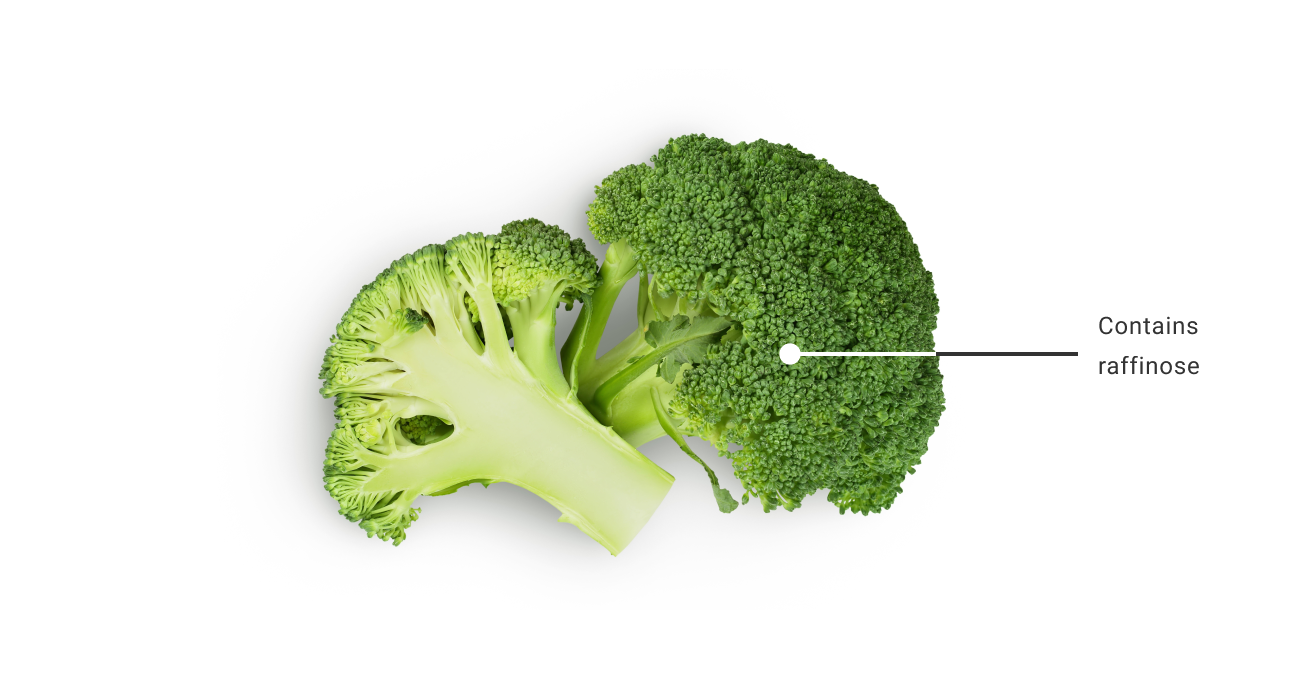
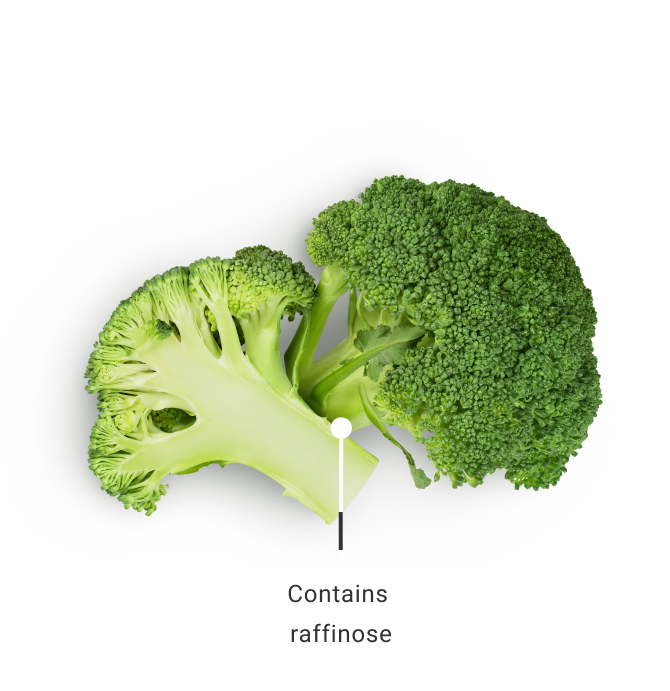
Vegetables like broccoli, cabbage, and Brussels sprouts contain raffinose, a complex sugar that can cause gas and bloating.
These vegetables are highly nutritious, offering vitamins, minerals, and antioxidants, but their fibrous nature and specific carbohydrates can be problematic for sensitive digestive systems.


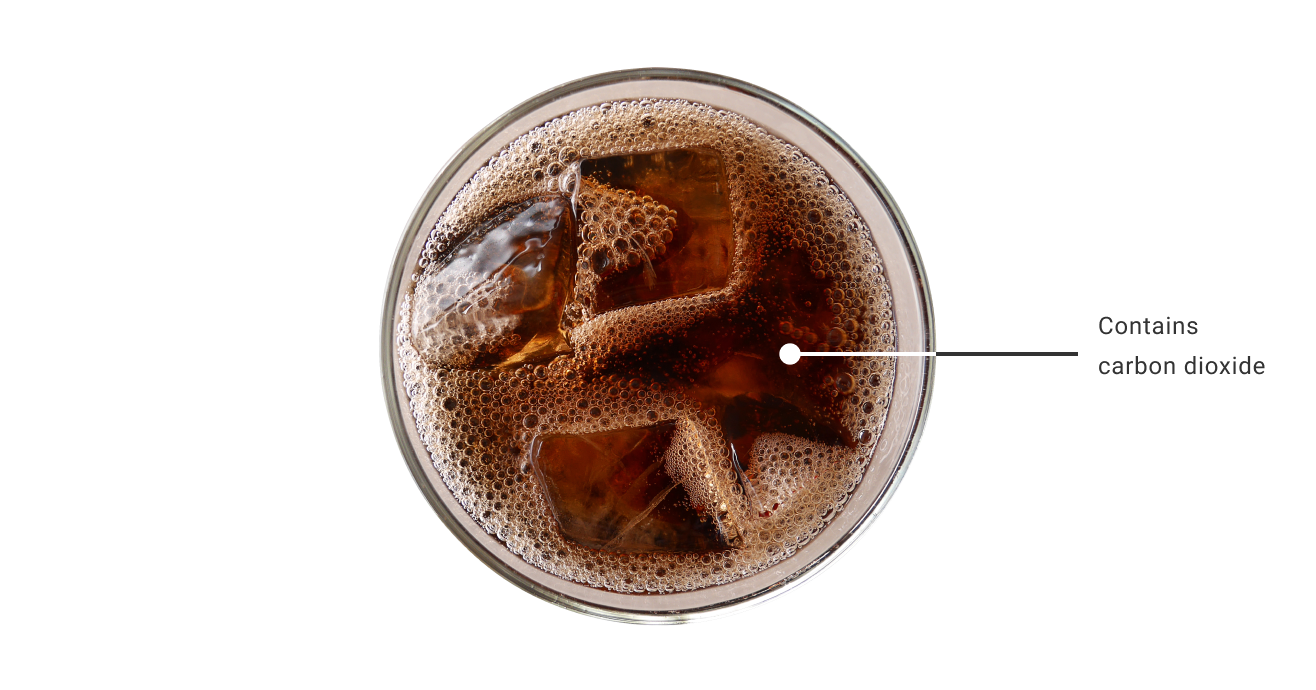
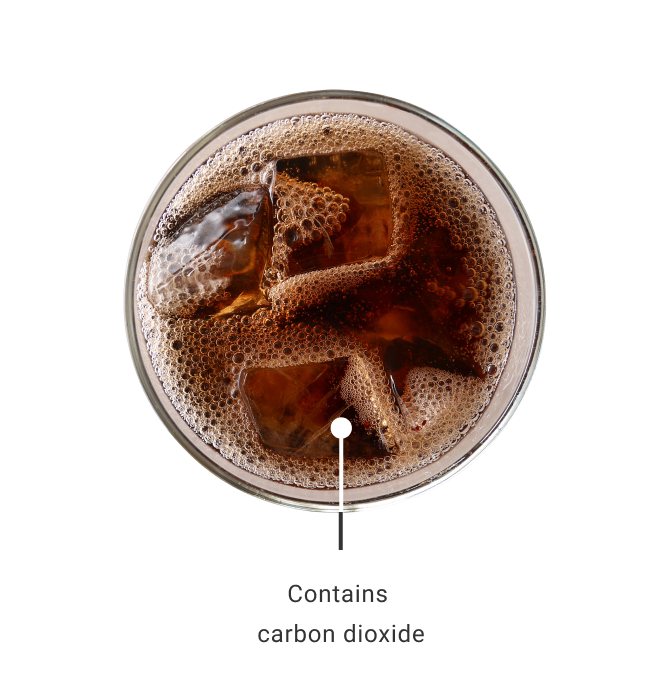
The bubbles in carbonated drinks are carbon dioxide, which can increase the amount of gas in the digestive system.
While many people enjoy the fizz and flavor of sodas and sparkling water, these beverages can trap gas in the stomach and intestines, leading to bloating and discomfort.
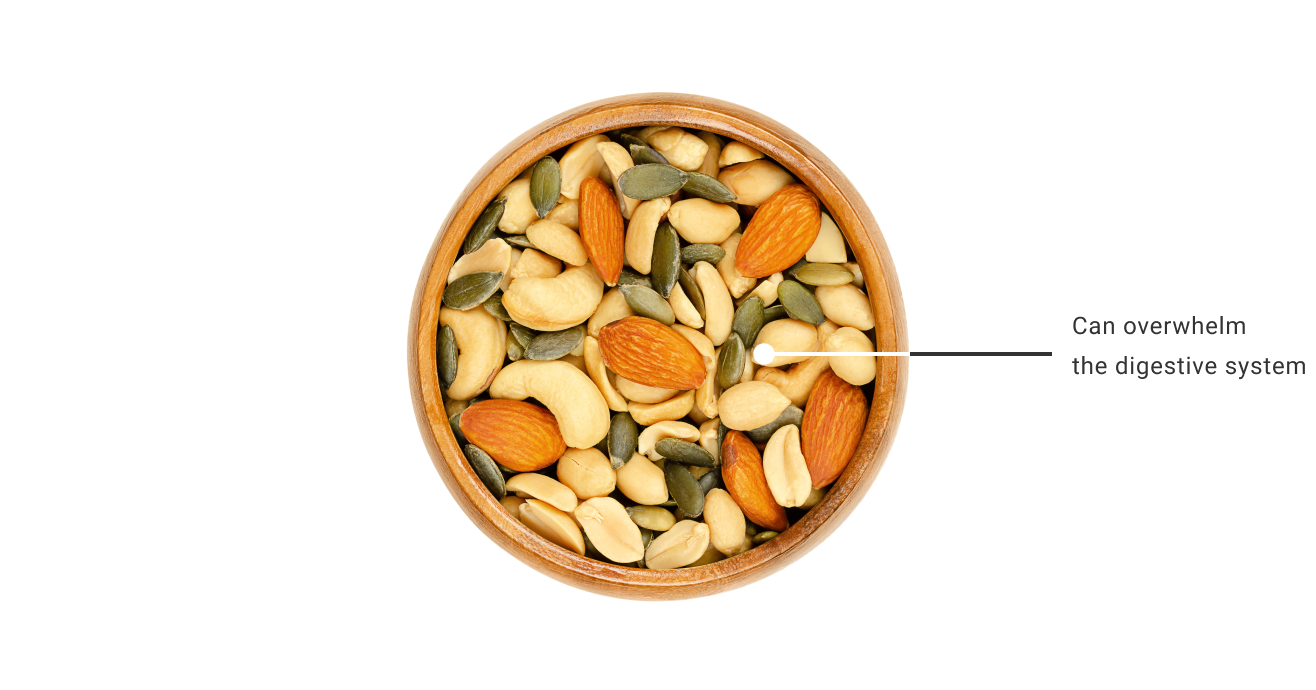
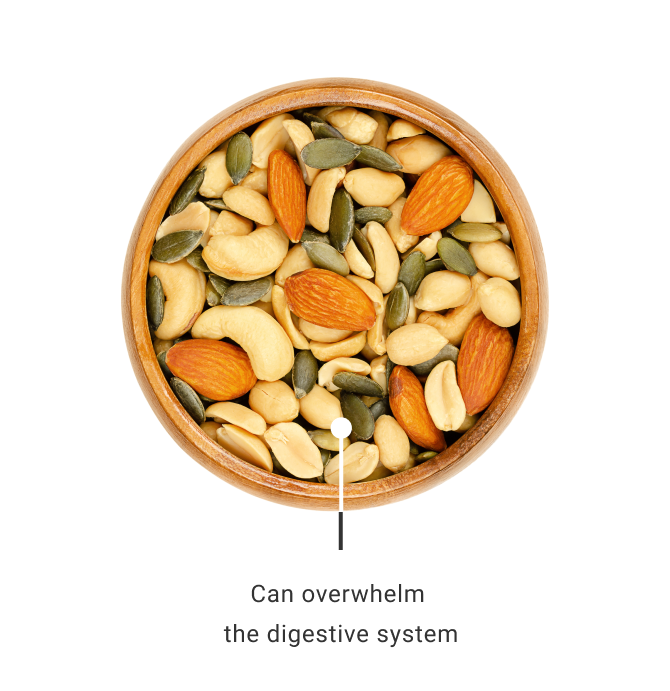
While beneficial for overall health, high-fiber foods like whole grains, nuts, and seeds can cause gas if introduced too quickly into the diet.
Fiber is essential for digestive health, but a sudden increase can overwhelm the digestive system, leading to gas production as the gut bacteria work to break down the new influx of fiber.
Certain individuals have difficulty digesting specific foods, leading to gas, bloating, and other digestive issues.
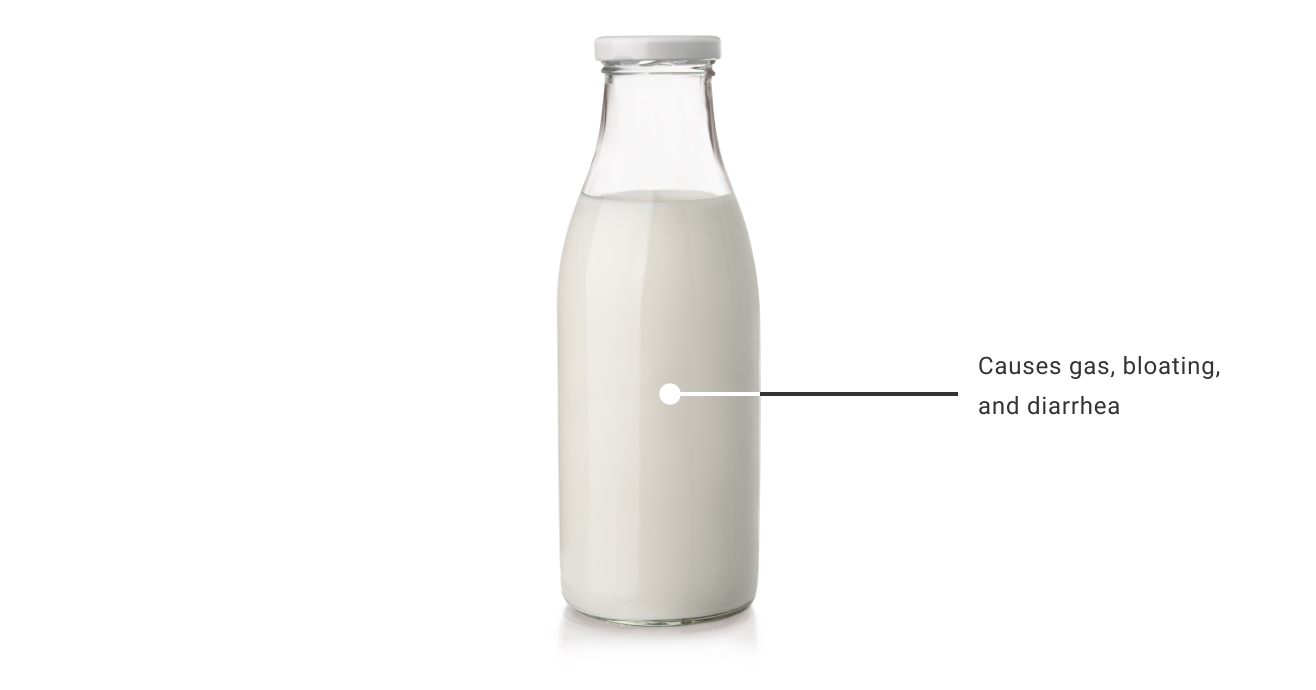
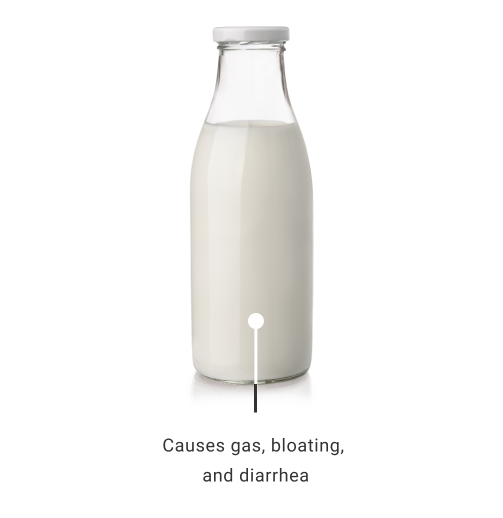
Inability to digest lactose, a sugar found in milk and dairy products, due to a deficiency of the enzyme lactase. Lactose intolerance is common worldwide, and symptoms include gas, bloating, and diarrhea after consuming dairy products.
Managing lactose intolerance often involves avoiding or limiting dairy or using lactase supplements.
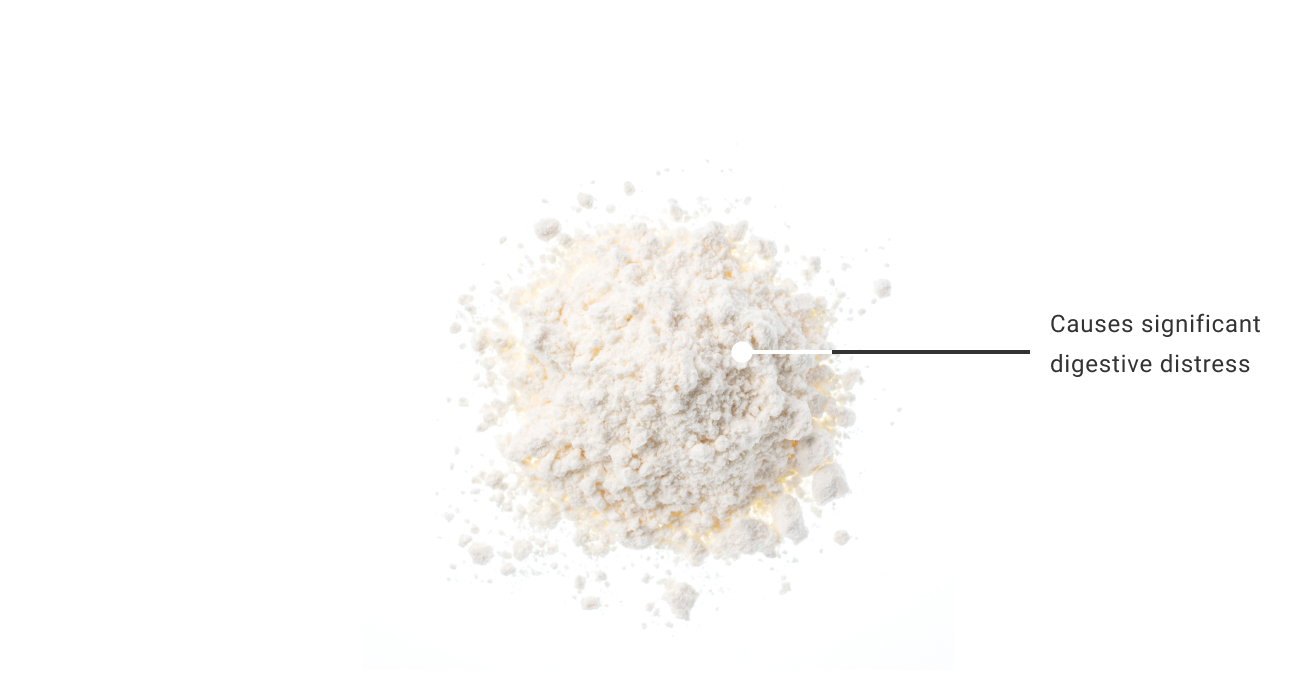
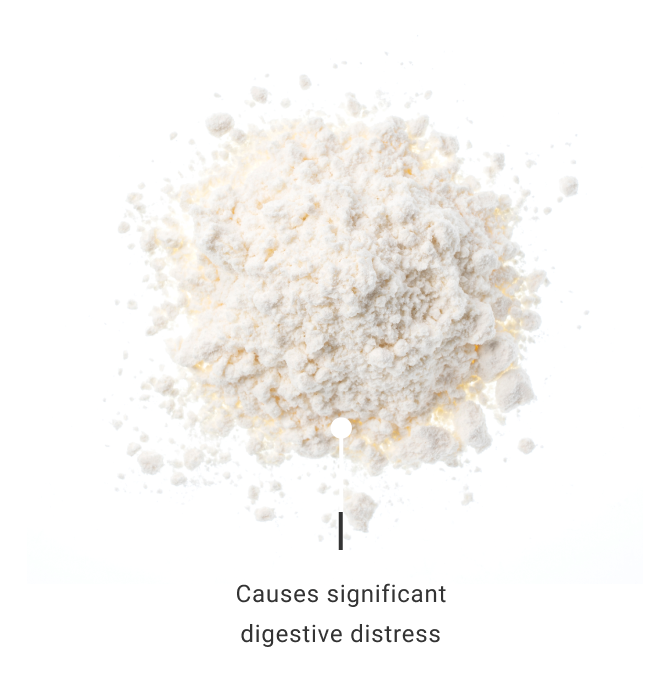
Non-celiac gluten sensitivity or celiac disease can cause significant digestive distress when gluten, a protein found in wheat, barley, and rye, is consumed.
Symptoms can range from gas and bloating to more severe gastrointestinal distress and nutrient malabsorption. For those with celiac disease, strict adherence to a gluten-free diet is essential to avoid long-term health complications.
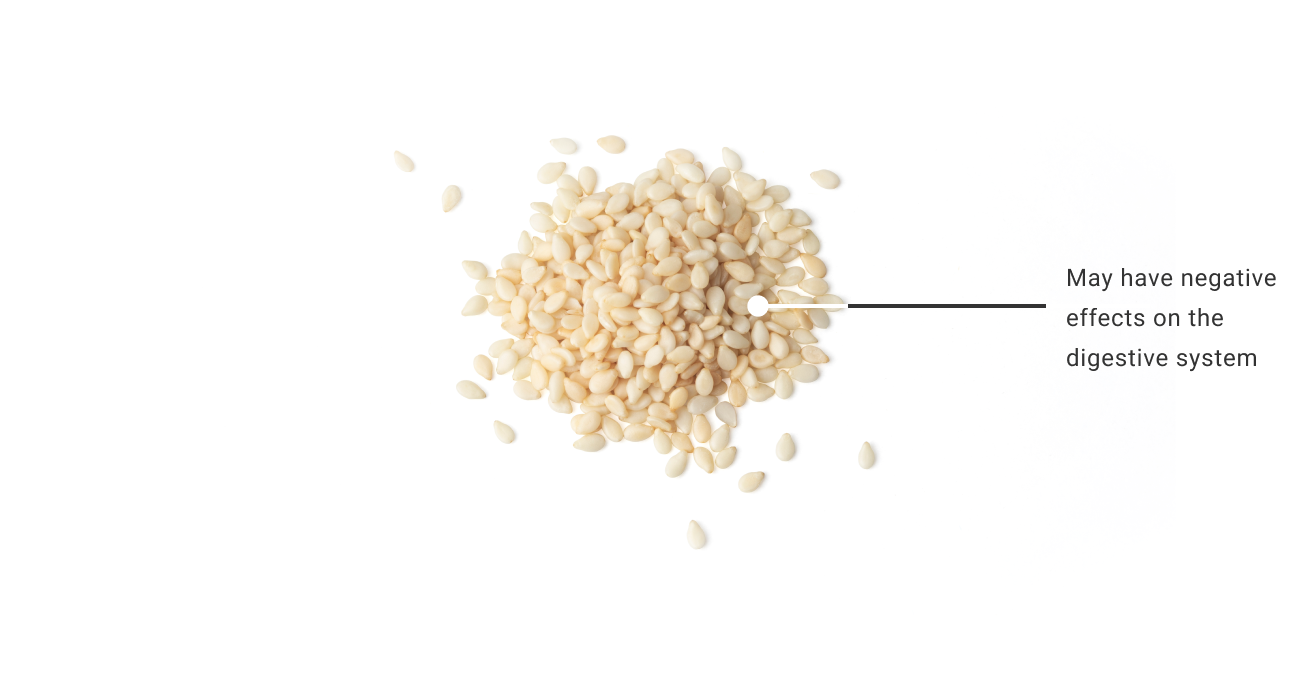
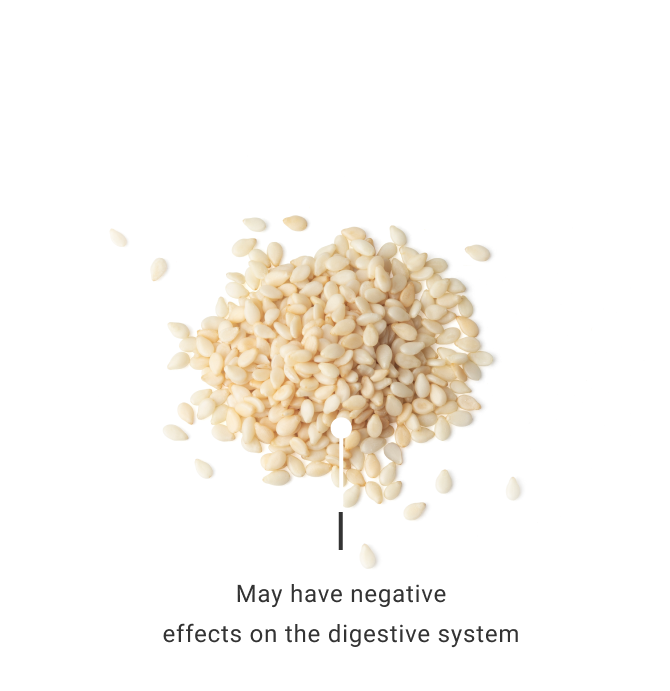
Fiber is essential for digestive health, but not all fiber is created equal, and its supplementation must be approached with caution.
Fiber supplements can add bulk to stool, which helps move it through the intestines. However, the bulkier the stool, the more water it requires to pass smoothly.
Without adequate hydration, fiber can lead to hard stools and increased straining. This is why it's crucial to increase fiber intake gradually and drink plenty of water.
While fiber can promote the growth of beneficial bacteria, it can also feed harmful bacteria and parasites. These organisms thrive on fiber, leading to excessive gas production and painful bloating.
Understanding the balance between beneficial and harmful bacteria is key to managing fiber intake effectively.
Many commercial fiber supplements contain artificial sweeteners and flavors to mask their unpleasant taste. These additives can disrupt the natural balance of the gut microbiome, leading to further digestive issues.
Choosing natural sources of fiber over supplements can help maintain a healthier gut environment.
Methane-producing archaea in the gut can significantly impact digestive health, often leading to symptoms like gas and bloating.


Methane-producing archaea in the gut can slow down gut motility, leading to constipation and bloating. Methane gas interferes with the natural wave-like movements of the intestines that propel food and waste through the digestive tract.
Understanding the role of these archaea and their impact on digestion is essential for managing these symptoms.

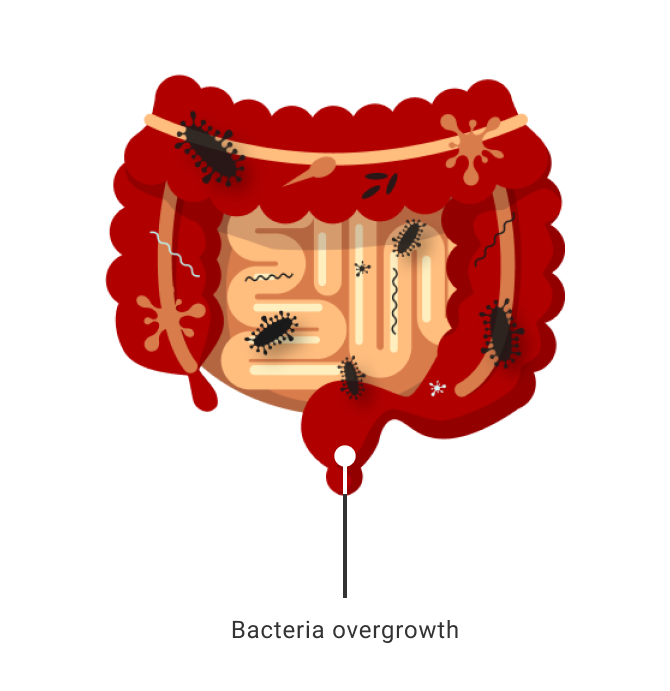
Methane-producing archaea can contribute to SIBO, a condition where excessive bacteria accumulate in the small intestine. SIBO can cause bloating, gas, and other digestive issues.
Managing SIBO often involves dietary changes and targeted antimicrobial treatments to reduce bacterial overgrowth.
Daily habits and lifestyle choices play a significant role in the development of gas and bloating.

Eating too quickly, not chewing food thoroughly, and consuming large meals can lead to gas and bloating. Swallowing air while eating or drinking can also contribute to these symptoms.
Taking the time to eat slowly, chew thoroughly, and enjoy smaller, more frequent meals can help reduce these issues.

Lack of physical activity can slow down digestion and lead to gas and bloating. Regular exercise is essential for stimulating bowel movements and reducing symptoms.
Incorporating physical activity into your daily routine, such as walking, jogging, or yoga, can significantly improve digestive health.
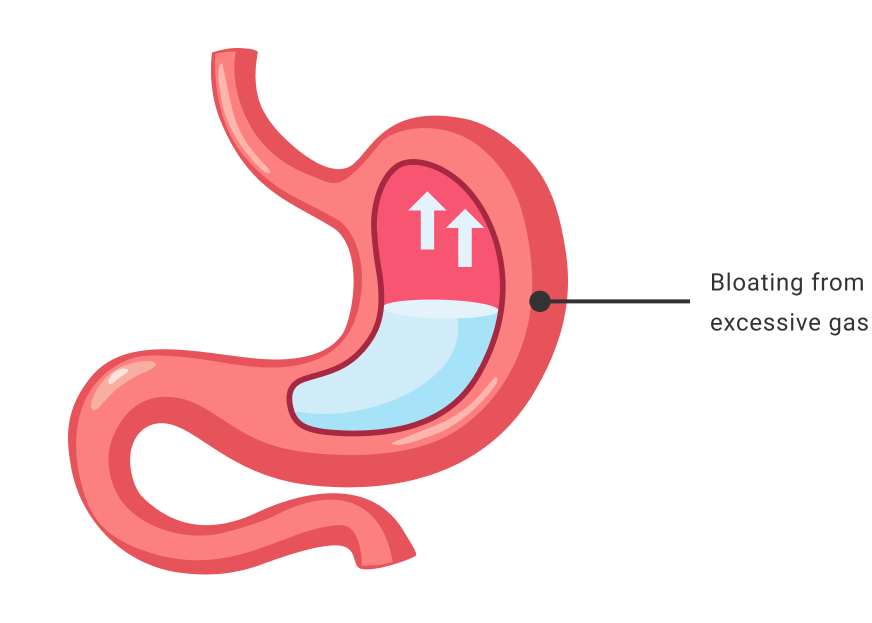
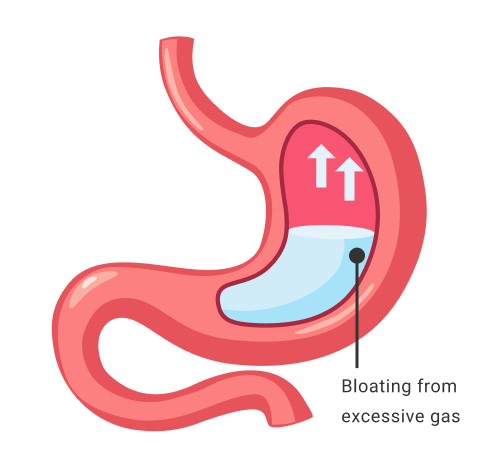
Understanding the symptoms of gas and bloating is essential for effective diagnosis and treatment.
Frequent passing of gas, which can be embarrassing and uncomfortable. Understanding the sources of gas and managing diet and lifestyle factors can help reduce its occurrence.
A feeling of fullness or swelling in the abdomen that can be uncomfortable or painful. Bloating can result from various factors, including diet, lifestyle, and underlying medical conditions. Identifying the root cause is essential for effective treatment.
Pain or cramping in the abdomen. Abdominal pain associated with gas and bloating can vary from mild discomfort to severe cramping, often requiring a multifaceted approach to manage effectively.
Changes in bowel habits, such as constipation or diarrhea. Irregular bowel movements can accompany gas and bloating, indicating a need for comprehensive management strategies that address overall digestive health.

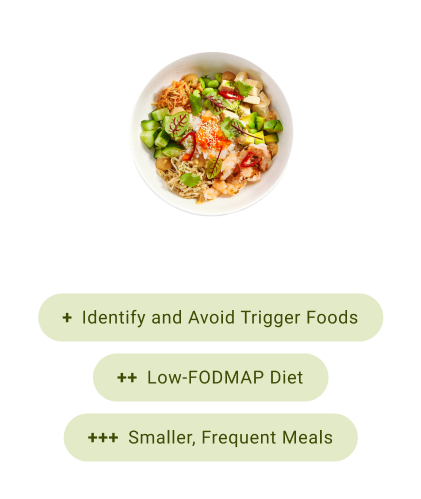
Making strategic changes to your diet can significantly reduce symptoms of gas and bloating.
Identify and Avoid Trigger Foods: Keep a food diary to track which foods cause gas and bloating. Avoid these trigger foods to manage symptoms. This personalized approach can help identify specific dietary culprits and enable targeted dietary modifications.
Low-FODMAP Diet: A low-FODMAP diet can help reduce the fermentation of carbohydrates by gut bacteria and archaea, thereby reducing gas production. FODMAPs are types of carbohydrates that are poorly absorbed in the small intestine. Following a low-FODMAP diet involves avoiding high-FODMAP foods and gradually reintroducing them to identify specific triggers.
Smaller, Frequent Meals: Eat smaller, more frequent meals to reduce the burden on the digestive system and prevent overeating. This approach helps prevent overloading the digestive system and can reduce symptoms of gas and bloating.

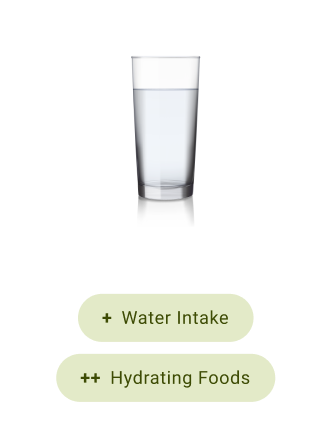
Proper hydration is crucial for maintaining digestive health and preventing gas and bloating.
Water Intake: Drink plenty of water to keep stools soft and support overall digestive health. Aim for at least 8 glasses of water per day. Hydration is essential for the digestive system to function smoothly, helping to prevent constipation and related bloating.
Hydrating Foods: Include hydrating foods in your diet, such as fruits and vegetables with high water content (e.g., watermelon, cucumbers, oranges). These foods contribute to overall hydration and provide essential nutrients that support digestive health.
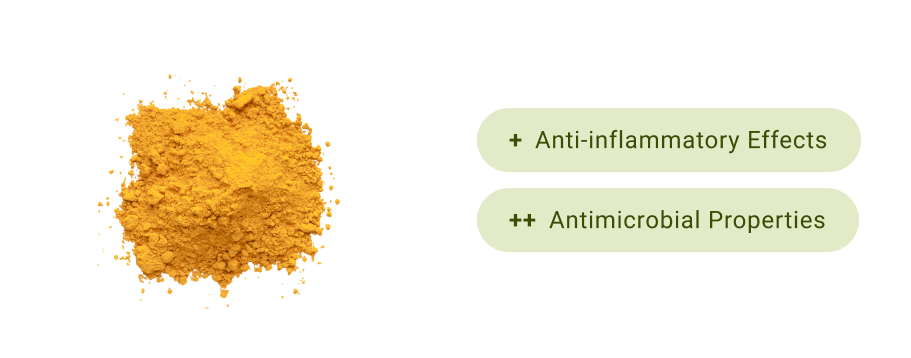
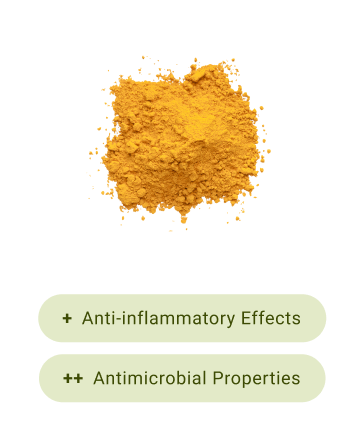
Berberine is a compound found in several plants, including goldenseal and barberry. It has anti-inflammatory and antimicrobial properties, making it beneficial for gut health.
Berberine reduces inflammation in the gut, which can help alleviate symptoms of bloating and constipation. Chronic inflammation can contribute to various digestive issues, making anti-inflammatory compounds like berberine valuable for long-term gut health.
It helps eliminate harmful bacteria and parasites from the gut, promoting a healthier microbiome. Maintaining a balanced gut microbiome is crucial for preventing gas, bloating, and other digestive issues.
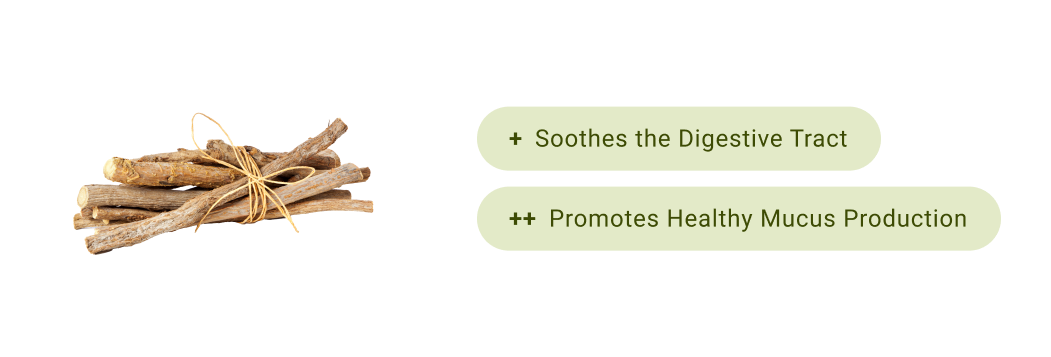
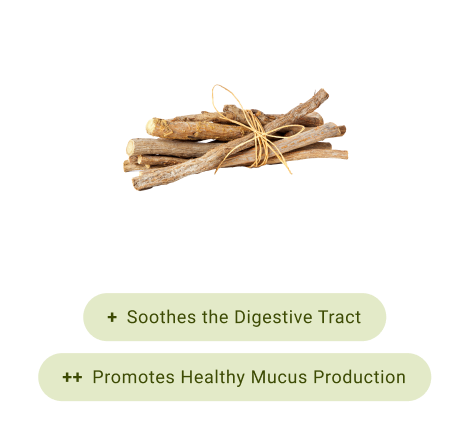
DGL is a form of licorice that has had the glycyrrhizin removed, making it safer for long-term use.
DGL helps soothe the mucosal lining of the digestive tract, reducing irritation and inflammation. This soothing effect can provide relief from symptoms of gas and bloating caused by irritation and inflammation.
It supports the production of mucus, which protects the stomach and intestines from acid and harmful bacteria. Healthy mucus production is essential for maintaining a protective barrier in the digestive tract.
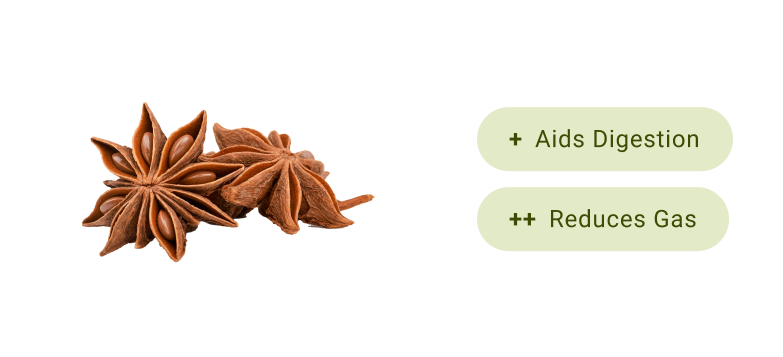
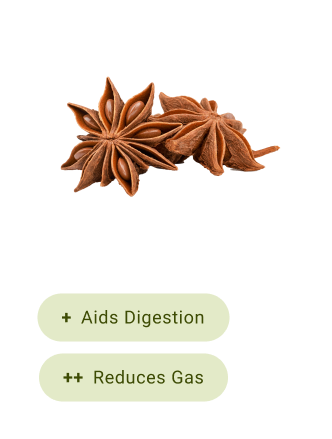
Star anise is a spice with a distinct flavor and medicinal properties.
Star anise promotes the secretion of digestive enzymes, which can help improve digestion and reduce bloating. Proper enzyme secretion is crucial for breaking down food efficiently and preventing gas buildup.
It has carminative properties that help expel gas from the digestive tract. Carminative agents like star anise can provide immediate relief from gas and bloating.
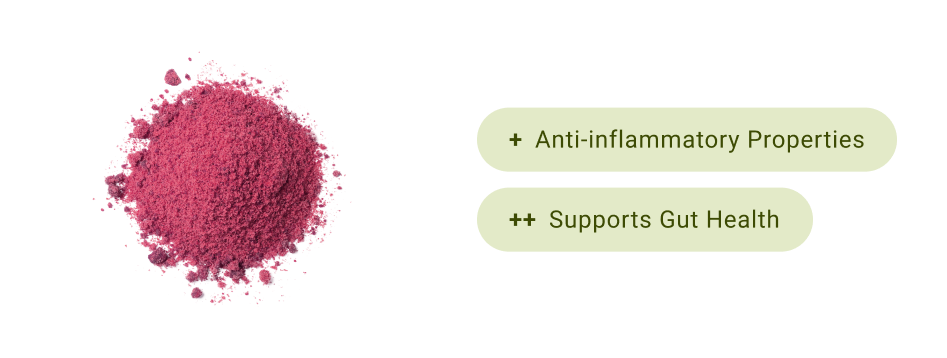
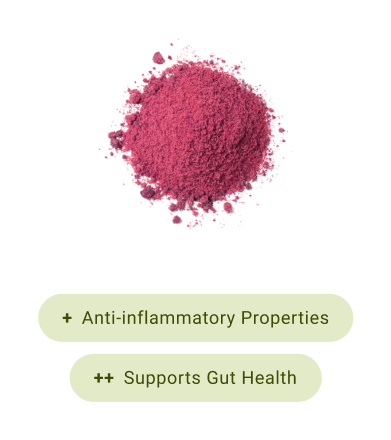
Quercetin is a flavonoid found in many fruits and vegetables.
Quercetin reduces inflammation in the gut, which can help alleviate symptoms of bloating and constipation. Chronic inflammation can contribute to digestive discomfort, making quercetin's anti-inflammatory properties beneficial for gut health.
It helps maintain a healthy balance of gut bacteria. A balanced gut microbiome is essential for preventing digestive issues like gas and bloating.


Resveratrol is a compound found in red wine, grapes, and certain berries.
Resveratrol has powerful antioxidant properties that help protect the gut lining from damage. Oxidative stress can damage the gut lining, leading to inflammation and digestive issues. Antioxidants like resveratrol help protect against this damage.
It supports the growth of beneficial bacteria in the gut. A healthy gut flora is crucial for efficient digestion and preventing gas and bloating.
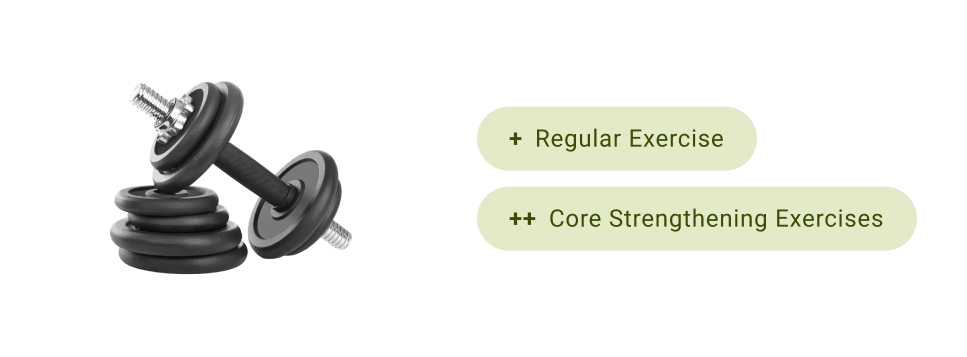
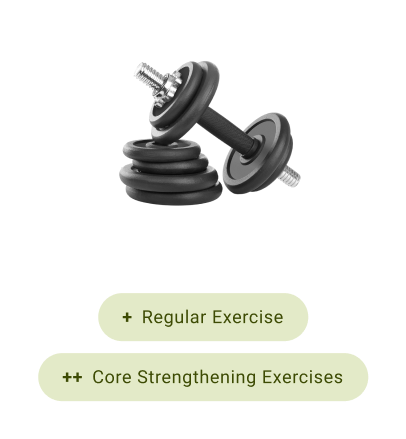
Regular physical activity is crucial for maintaining a healthy digestive system and preventing gas and bloating.
Engage in regular physical activity to stimulate bowel movements and support overall health. Activities like walking, jogging, and yoga can help improve digestion.
Regular exercise helps maintain regular bowel movements and prevents constipation, reducing the likelihood of gas and bloating.
Strengthening the abdominal muscles can help improve gut motility and reduce symptoms of constipation. Core exercises can enhance the strength and function of the digestive muscles, supporting overall digestive health.
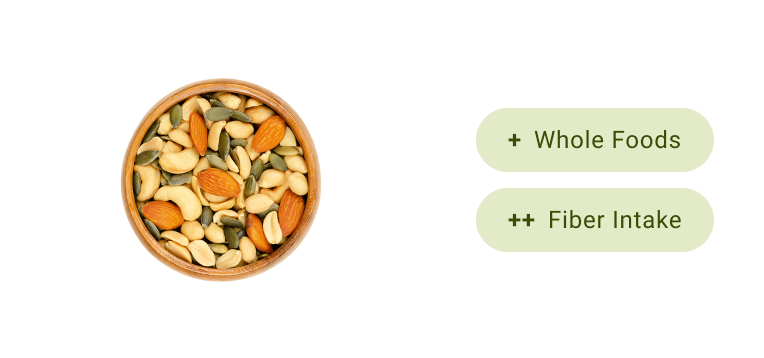
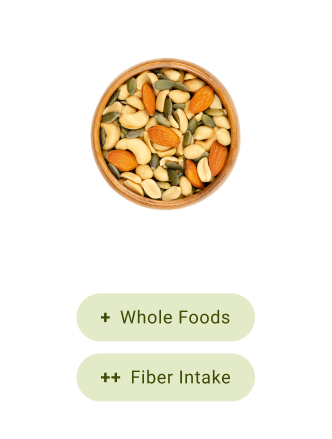
Maintaining a balanced diet rich in whole foods and low in processed foods is essential for long-term gut health.
Focus on a diet rich in whole foods, such as fruits, vegetables, whole grains, and lean proteins. Avoid processed foods, artificial additives, and excessive sugar. Whole foods provide essential nutrients and fiber that support healthy digestion.
Ensure adequate fiber intake from natural sources like fruits, vegetables, and whole grains. Avoid over-reliance on fiber supplements. A diet rich in natural fiber supports regular bowel movements and prevents constipation, reducing the risk of gas and bloating.
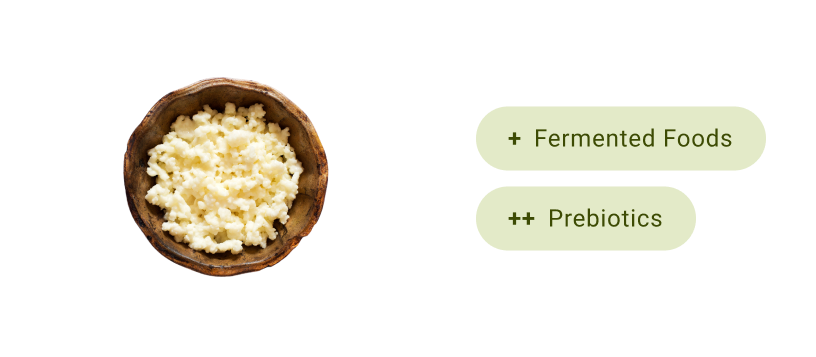
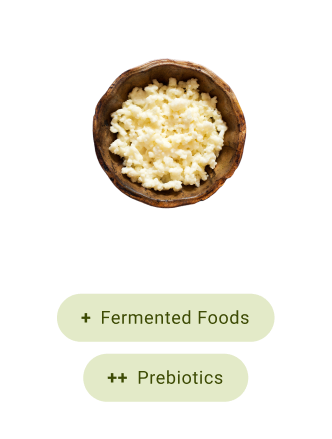
Incorporating probiotic-rich foods into your diet can help maintain a healthy gut microbiome.
Include fermented foods like yogurt, kefir, sauerkraut, and kimchi in your diet to provide natural probiotics. Fermented foods are rich in beneficial bacteria that support gut health.
Prebiotics are non-digestible fibers that feed beneficial bacteria in the gut. Foods like garlic, onions, and bananas are good sources of prebiotics. Prebiotics help maintain a balanced gut microbiome by nourishing beneficial bacteria.


Stress can significantly impact digestive health, so managing stress is crucial for maintaining a healthy gut.
Practice relaxation techniques like deep breathing, meditation, and progressive muscle relaxation to reduce stress and support gut health. Relaxation techniques can help manage stress and prevent its negative impact on digestion.
Incorporate mindfulness practices into your daily routine to promote overall well-being and reduce the impact of stress on digestion. Mindfulness practices can help improve digestion and reduce symptoms of gas and bloating.
Known for its antispasmodic properties, peppermint oil can help relax the muscles of the gastrointestinal tract, reducing bloating and discomfort. Peppermint oil is often used to provide relief from symptoms of irritable bowel syndrome (IBS).
Ginger has natural anti-inflammatory and carminative properties, which can help alleviate symptoms of gas and bloating. It can be consumed as tea or in supplements. Ginger is known for its ability to soothe the digestive tract and reduce nausea.
Fennel seeds can help reduce bloating and gas due to their carminative properties. They can be chewed directly or brewed into a tea. Fennel seeds are a traditional remedy for digestive discomfort and can provide immediate relief.
Taking a tablespoon of apple cider vinegar diluted in water before meals can aid digestion and reduce bloating. Apple cider vinegar is believed to improve digestion by increasing stomach acid production.
Activated charcoal can help absorb excess gas in the digestive tract, reducing bloating and discomfort. Activated charcoal is often used to relieve gas and bloating by trapping gas molecules in its porous structure.
Constantly monitor and adjust your diet to ensure it supports your digestive health.
Keep a detailed food diary to identify which foods cause symptoms of gas and bloating. This personalized approach helps you understand your body's response to different foods and make informed dietary choices.
Make dietary changes gradually to give your digestive system time to adjust, especially when increasing fiber intake. Gradual changes help prevent overwhelming the digestive system and reduce the risk of gas and bloating.
Practice portion control to avoid overeating, which can exacerbate symptoms of gas and bloating. Eating smaller, more frequent meals helps prevent digestive overload and supports efficient digestion.

Regular check-ups with a healthcare provider can help manage digestive health and catch any potential issues early.
Regular tests and screenings can help identify any underlying conditions that might be contributing to gas and bloating. Early detection of digestive issues allows for timely intervention and management.
Seek professional guidance when making significant dietary or lifestyle changes to ensure they are safe and effective for your individual health needs. Consulting with a healthcare provider or nutritionist can provide personalized recommendations and support.
If you’re experiencing gas and bloating, watch our video for more tips on natural relief and maintaining gut health. Click here to learn how to improve your digestive comfort. Our comprehensive guide will provide you with practical solutions and lifestyle changes to support long-term digestive health.




 9 min read
9 min read

 9 min read
9 min read

 9 min read
9 min read

 9 min read
9 min read